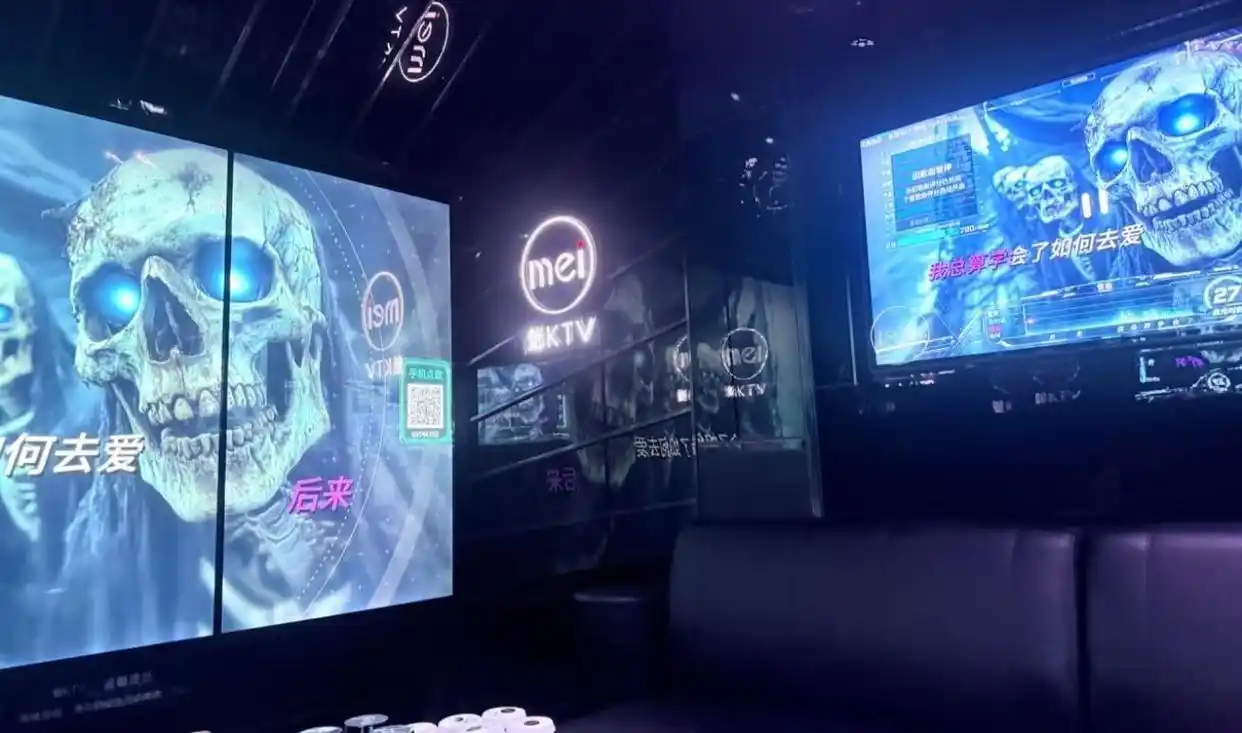As the entertainment industry gradually returns to normalcy, Chinese authorities amended social distancing guidelines for public venues on Monday to limit customer traffic and include a time limit for usage of karaoke bars and internet cafes.
Officially, most entertainment venues — including karaoke bars and internet cafés — should currently not admit more than 50% of the approved customer capacity. Some venues, such as theaters, are asked to cap audience numbers to 30% of total capacity, while measures are required to keep maintain space between customers.
While these guidelines are not new, the introduction this week of the two-hour rule has baffled Chinese social media users — particularly in relation to karaoke bars and internet cafes. In China, the latter are not places where patrons use computers to read emails, but hubs where customers spend long hours — if not days at a time — playing video games. “How many people will go to internet cafes if [visits] are limited to two hours?” asks one highly-upvoted comment on microblogging platform Weibo.
Related:
 5 Million People in China Have Lost their Jobs Thanks to Covid-19 – Here’s How They Are CopingWhether choosing to wait, act or adapt, Chinese citizens are coping with coronavirus-related job loss in a number of different waysArticle Apr 14, 2020
5 Million People in China Have Lost their Jobs Thanks to Covid-19 – Here’s How They Are CopingWhether choosing to wait, act or adapt, Chinese citizens are coping with coronavirus-related job loss in a number of different waysArticle Apr 14, 2020
Like internet cafes, karaoke venues (often referred to as KTV in China) can regularly play host to sessions that last for far longer than two hours.
Given the restrictions on normal patterns of behavior, some have expressed concern that the time limit will also encourage patrons to visit multiple venues, thus increasing the chance of transmitting the virus.
“Karaoke bars are actually safer than restaurants, because we share private rooms with our friends and colleagues, whom we’ve already spent time with together,” argues one Weibo user. “Dining places are much more risky, but we don’t pay attention to them anymore.”
The Chinese entertainment sector is recovering — but slowly. The Chinese Basketball Association (CBA) has resumed its season this month after five months of shutdown, but plans for a kick-off of football’s Chinese Super League remain unclear. While karaoke bars, theaters, and internet cafes have reopened, cinemas remain closed, putting the country’s film industry, one of the world’s largest, under extreme pressure.
Related:
 Should China Be Opening Socially-Distanced Movie Theaters Right Now?China’s film industry is taking steps to recover after Covid-19 closed movie theaters during the country’s Spring Festival holidayArticle Mar 28, 2020
Should China Be Opening Socially-Distanced Movie Theaters Right Now?China’s film industry is taking steps to recover after Covid-19 closed movie theaters during the country’s Spring Festival holidayArticle Mar 28, 2020
In the midst of China’s recovery from Covid-19, strict social distancing policies, along with the recent outbreak in Beijing, are a reminder that the future for China’s service industry remains uncertain in the short term.
















